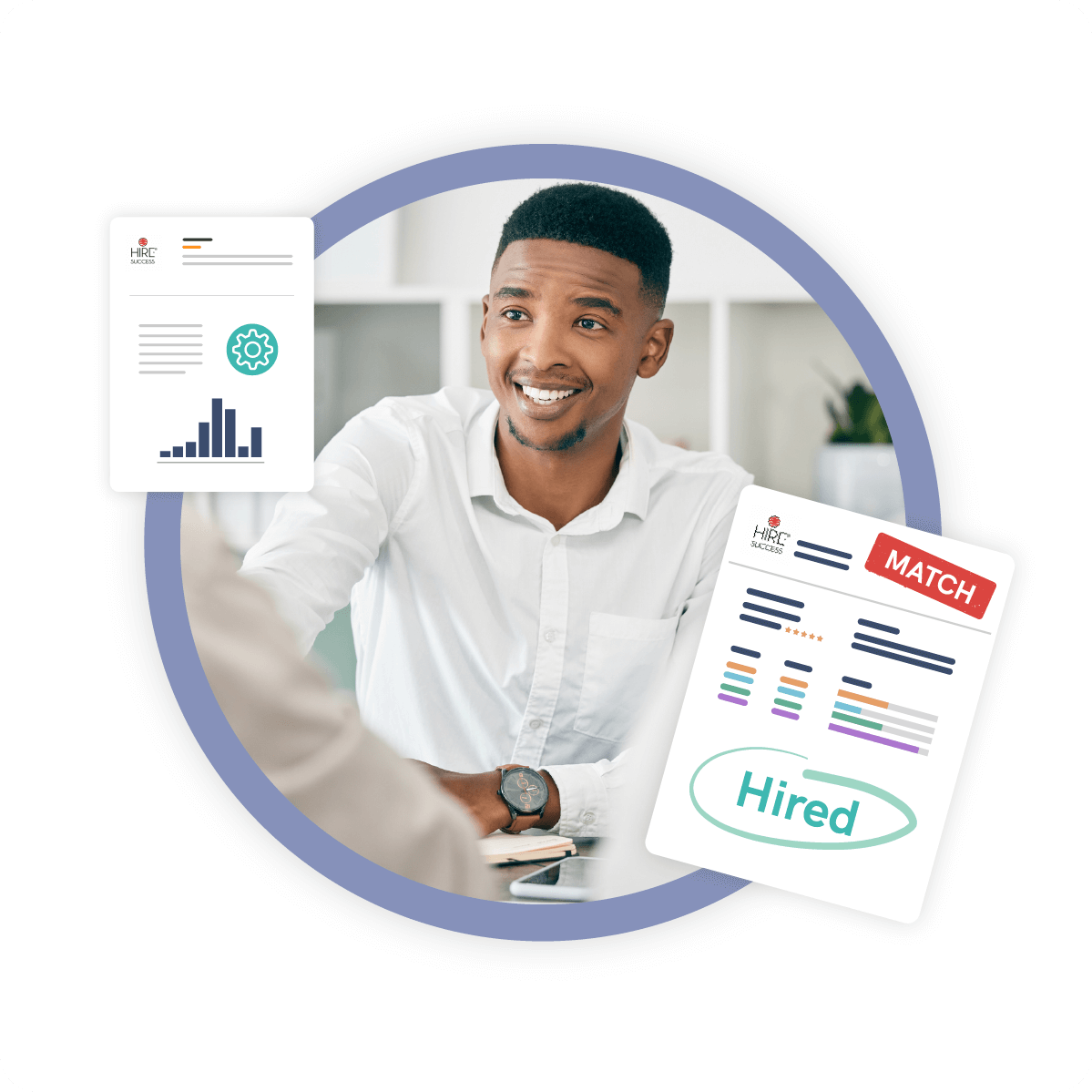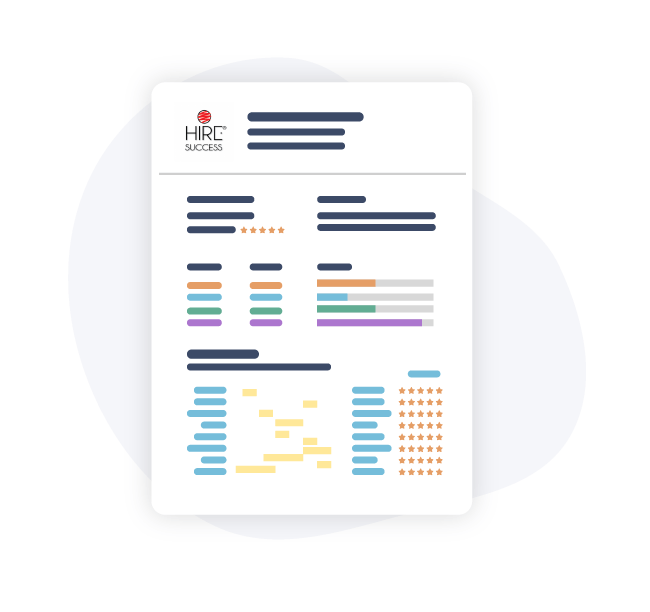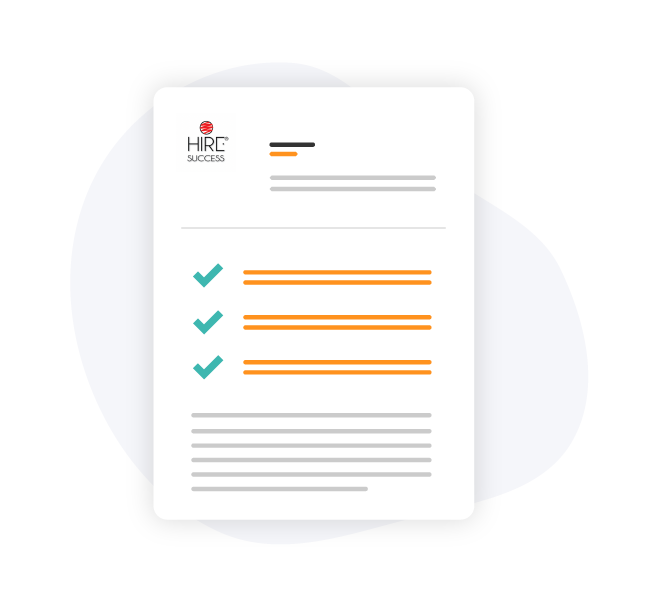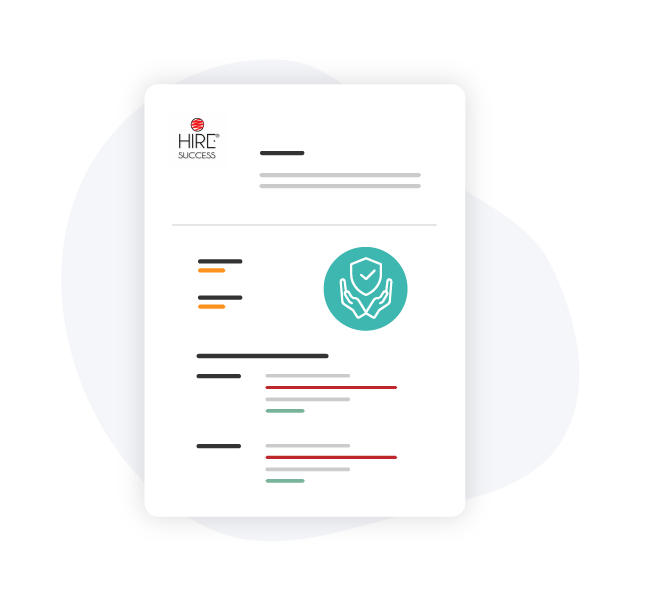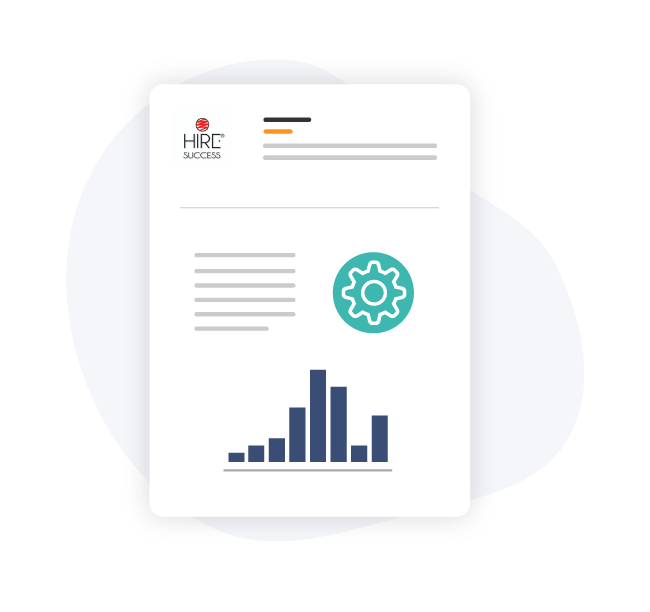10 steps for conducting a great job interview
Interviews are a key element on any hiring process checklist. These tips on how to conduct an effective interview will give you real insight into your candidates so that you can hire the right person and avoid problems with the interview process.
- Establish a personal connection. No one performs well when they're nervous. A guarded candidate might not give you the information you want. Establishing rapport and putting interviewees at ease will set you up for success. You'll also create a positive impression of your company and its people, making it a place candidates want to work. Start by introducing yourself, thanking the candidate for their time, and making some casual conversation to establish the mood and flow of the interview.
- Set expectations about the interview. Before jumping straight into your interview questions, give the candidate an idea of what they can expect during your conversation. Explain the structure of the meeting with an overview that includes introductions, background about the company and role, your questions, and time for the interviewee to ask questions. You can also give them an idea of next steps after the interview and timing.
- Provide your questions in advance. Consider providing candidates with interview questions in advance. You give them the opportunity to think through their answers and can then evaluate their ability to plan and deliver their thoughts. Letting your candidates come prepared is both a skill-based and behavioral-based approach that gives you an idea of the type of employee they'll be.
- Always explain why you're pausing or looking away. If you must pause or shift attention, tell the interviewee why. You might need time to catch up with what they're saying while taking notes, or to reference the candidate's resume or portfolio on screen. You don't want to give the impression that you're multitasking or otherwise not prioritizing the interview and candidate. Explaining your momentary shift in focus is important for both in-person and remote interviews.
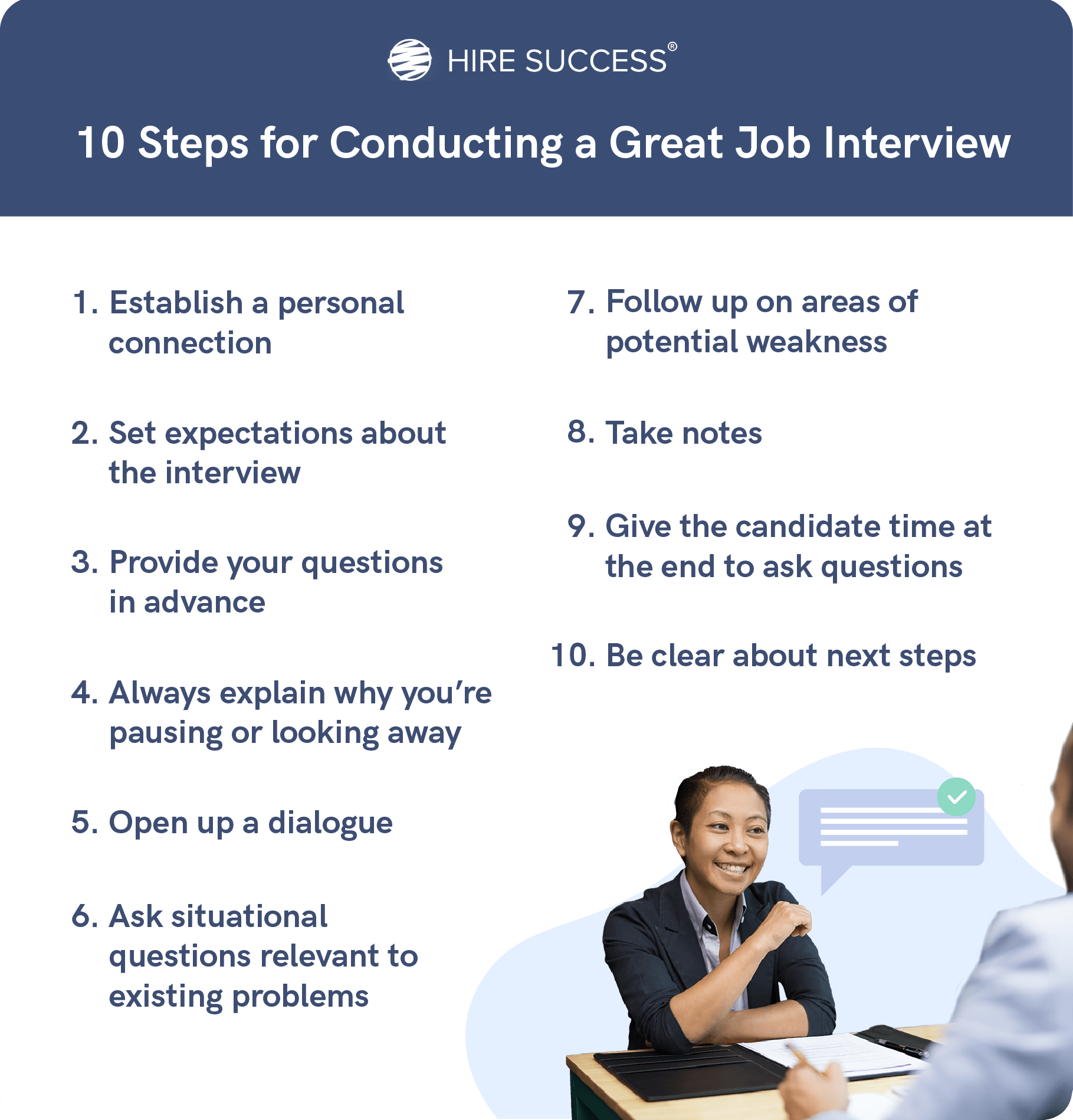
- Open up a dialogue. How to conduct an interview really depends on your ability to get the candidate to open up and share their approaches and perspectives. You want them to provide a full explanation of their background, abilities, and experience. Gathering complete information will help you verify information and compare what they say to how they performed on a personality test or a phone screening. Open ended questions are best in this case.
- Ask situational questions relevant to existing problems. While it can be helpful to provide many questions in advance, you might also want to see how a candidate handles a question without preparation. Effective interview questions for this approach are situational. Ask the candidate to imagine themselves in a role confronting a specific problem. Ask them how they would handle it. It is easier for them to provide an answer to a hypothetical situation than to ask them about a specific situation.
- Follow up on areas of potential weakness. Ideally, you will have screened pre-employment test in advance of when you conduct an interview. These tests not only give you a screen for finding the best candidates, they give you insights into areas where you might want to further probe in the interview. Ask about candidate weaknesses to determine if they will be an impediment to success or just an area for further development.
- Take notes. Don't try to rely on your memory. Even if you only interview a handful of people, it is easy to forget who said what. How to conduct a great interview begins and ends with great notes. If the candidate is comfortable with it, record the interview and use an AI-transcription service. These are a good back up to your note-taking, but they shouldn't serve as a replacement. You will process candidate answers better and will be able to respond to them during the interview if you engage in taking notes.
- Give the candidate time at the end to ask questions. How to conduct an effective interview isn't all one way. Give them a chance to ask questions of you. You will gain insights into what a candidate cares about, how they think, and how prepared they are. Questions are as insightful as answers.
- Be clear about next steps. Changing jobs is stressful for a candidate. It is likely they are interviewing at more than one company. By giving them clarity around the process and timing, you increase the chances that you won't lose them to a competing job offer. Being clear about next steps when you conduct an interview helps both you and the candidate manage expectations.
